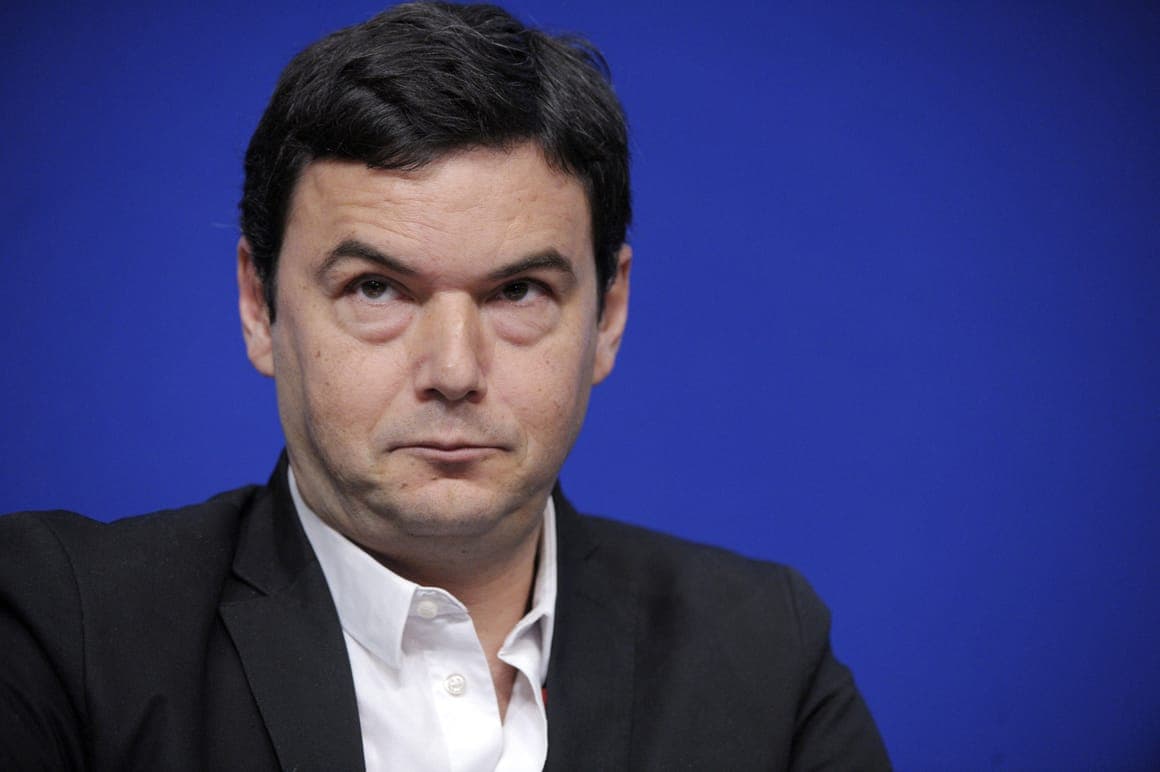Europe's Geopolitical Standing Under Scrutiny as Piketty's International Relations Views Draw Fire

A recent social media post has ignited debate over the analytical scope of renowned French economist Thomas Piketty, with a user identified as "Overeducated Gibbon" asserting that Piketty's "understanding of international relations is as weak as his understanding of economics." The tweet further claimed that "Europe is already a backwater and becoming more so, and nobody else cares about any of these things," reflecting growing concerns about the continent's global influence.
Thomas Piketty, widely acclaimed for his extensive research on wealth and income inequality, has recently extended his analytical framework to global economic power dynamics. His May 2025 working paper, co-authored with Gaston Nievas, delves into historical and contemporary international economic imbalances, particularly focusing on how Europe amassed significant foreign wealth between 1800 and 1914 without substantial trade surpluses, often through colonial transfers and unequal terms of exchange. This research positions Piketty directly within discussions of international relations.
Piketty's economic models, notably his central thesis on the rate of return on capital (r) exceeding economic growth (g), have faced scrutiny since the publication of "Capital in the Twenty-First Century." Critics, including a 2014 Financial Times investigation, have questioned his data methodology and the robustness of his conclusions, suggesting potential errors in data transcription and selection. These earlier critiques primarily focused on his analysis of wealth inequality within economies.
The "Overeducated Gibbon's" tweet, however, broadens the criticism to Piketty's grasp of international relations, implying a potential oversight of geopolitical realities in his economic analyses. The assertion that Europe is a "backwater" aligns with recent analyses from prominent European think tanks and international bodies.
A September 2025 report from Bruegel, a European economic think tank, acknowledges that Europe has experienced a decay of the post-war international order and faces economic coercion from major global powers. The report outlines various geopolitical scenarios for 2030-2035, highlighting the imperative for Europe to gain strategic autonomy in a more multipolar and fragmented world. Similarly, a 2025 analysis by the Observer Research Foundation describes Europe at a "make-it-or-break-it" moment, grappling with economic, demographic, industrial, and technological challenges that risk its geopolitical marginalization.
These reports underscore a pervasive anxiety within Europe regarding its future role and influence on the global stage. While Piketty's recent work provides an economic lens on historical power dynamics, the "Overeducated Gibbon's" commentary reflects a broader sentiment that Europe's current challenges extend beyond purely economic metrics, touching upon its geopolitical relevance and the perception of its standing among other global actors.